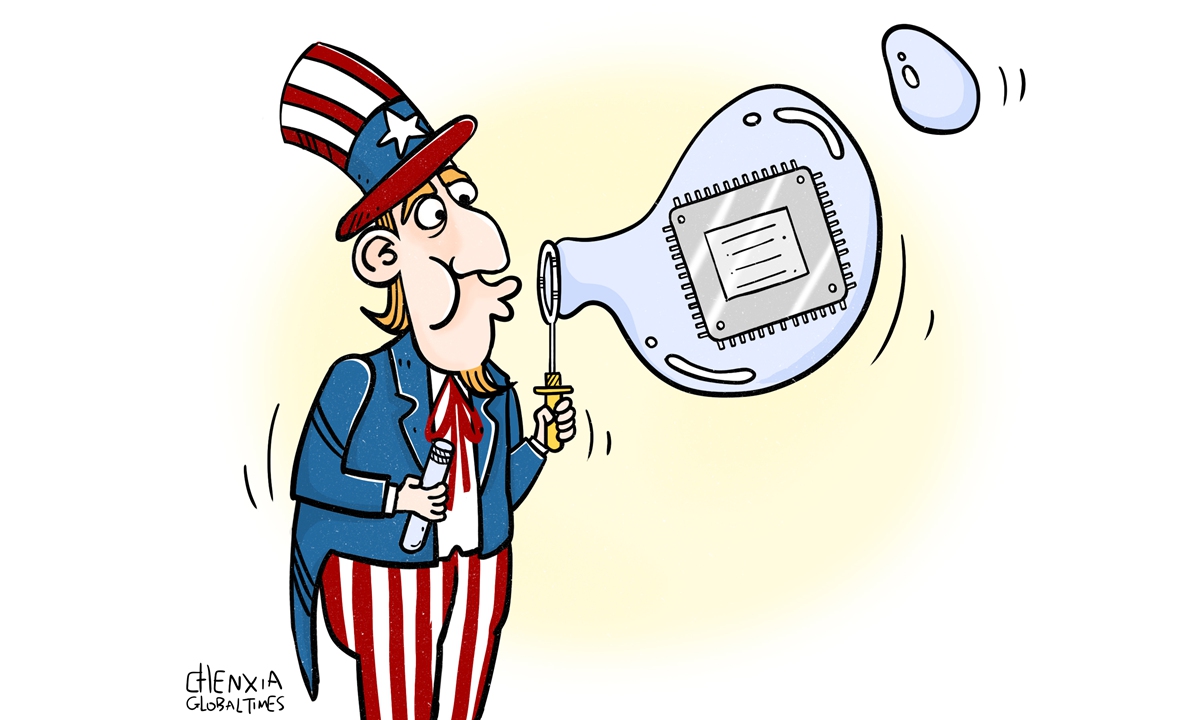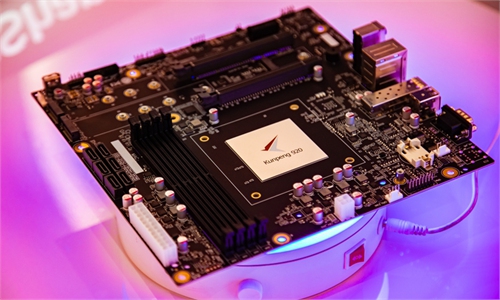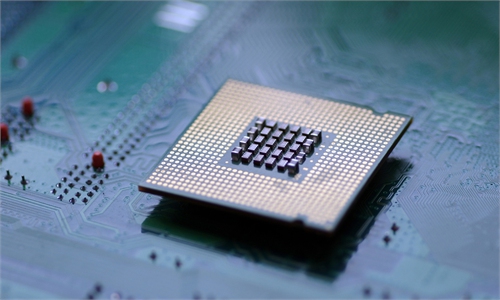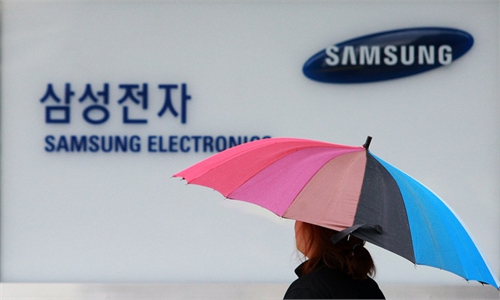
Illustration: Chen Xia/Global Times
US Commerce Secretary Gina Raimondo on Sunday once again urged the US Congress to pass the CHIPS for America Act which aims to help strengthen the US position in semiconductor research, development and manufacturing. The administration of US President Joe Biden has repeatedly demonstrated its determination to restore US semiconductor manufacturing, but the months-delayed CHIPS Act makes Biden's ambition sound like little more than lip service. This may disappoint US allies who hope to steal a free ride on US economic development, especially Japan."I don't know why they are delaying," Raimondo said on Sunday, adding that Congress needs to act and pass the Chips Bill, according to Reuters. This is not the first time Raimondo has complained about congressional delay. She urged Congress to pass the CHIPS for America Act on May 25 and said "we need to move to making chips in America" and that it is a "huge national security issue."
The CHIPS Act provides for $52 billion in federal funding to support domestic US chip manufacturing and research. The US used to lead the world in global semiconductor manufacturing but official data reveals the nation has lost its edge in recent decades. The US share of global semiconductor production has fallen from 37 percent to just 12 percent over the last 30 years. The Biden administration said in January that it "has been working around the clock" to expand US chip manufacturing capacity, but several months later, the $52 billion bill has gone nowhere.
Suspicion of centralized power has deep roots in US political culture. This "birth defect" means the US government has very limited ability to ramp up domestic manufacturing for critical industries like semiconductors. The months-delayed CHIPS Act has proven once again that politics-oriented economic plan lacks vitality in the US society, especially taking into consideration that the federal government has already run a budget deficit in most years.
Biden's maiden trip to Asia in May was seen by some media outlets as a nod to one of his key domestic priorities of increasing the supply of computer chips. The US and Japan have announced plans to collaborate in ensuring supply chain resilience and agreed on establishing a joint task force to explore the development of next generation semiconductors. It is not surprising that Japan doesn't want to miss out on a free ride on the development of US semiconductor industry, but Tokyo may end up simply getting nothing. If the Biden administration fails to mobilize enough resources to address US own semiconductor industry development, how can the president help US allies derive tangible benefit from cooperation with the US.
Biden's latest olive branch to Japan over semiconductor industry development is more of a symbolic political show than mutually beneficial economic cooperation. Hopefully Tokyo can see through the charade. Biden may want to accumulate some political capital by repairing relations with allies and excluding China from global supply chains, but his efforts are doomed to fail. Politics-oriented economic cooperation can hardly bring real benefits to US allies.
The author is a reporter with the Global Times. bizopinion@globaltimes.com.cn



